 |
 |
 |
|---|
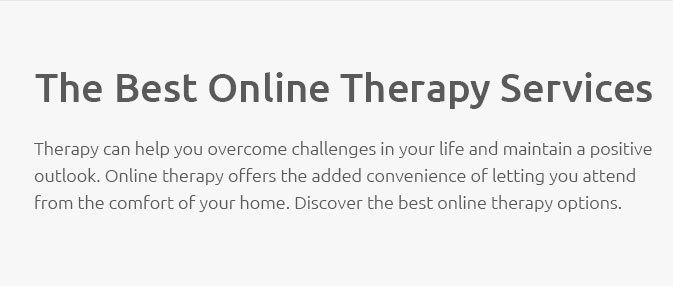 |
 |
|---|
 |
|
|---|---|
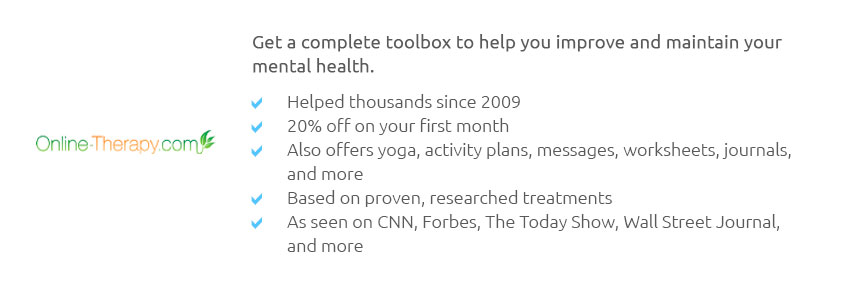 |
 |
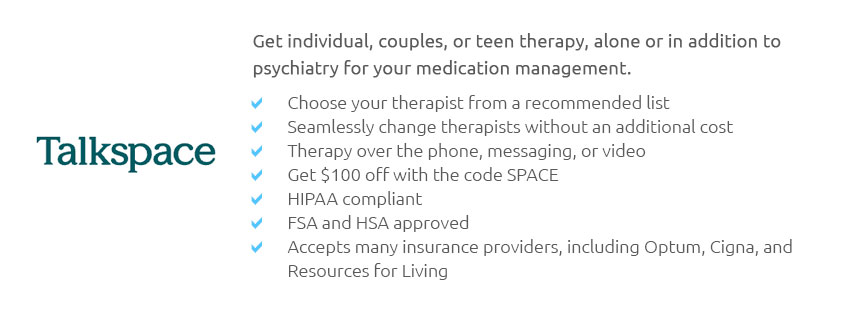 |
 |
 |
 |
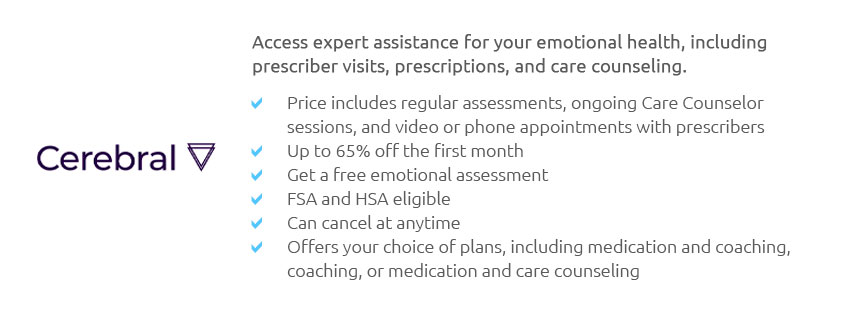 |
 |
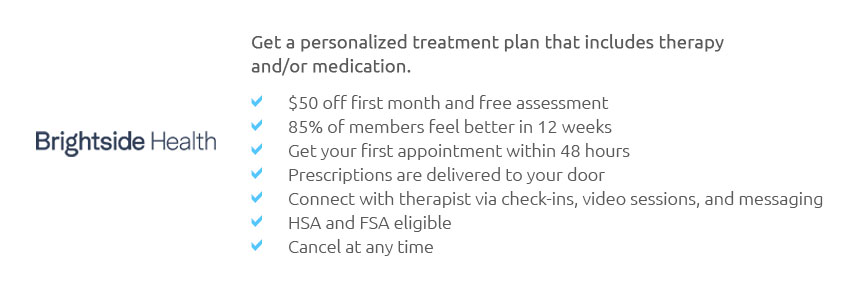 |
 |
 |
 |
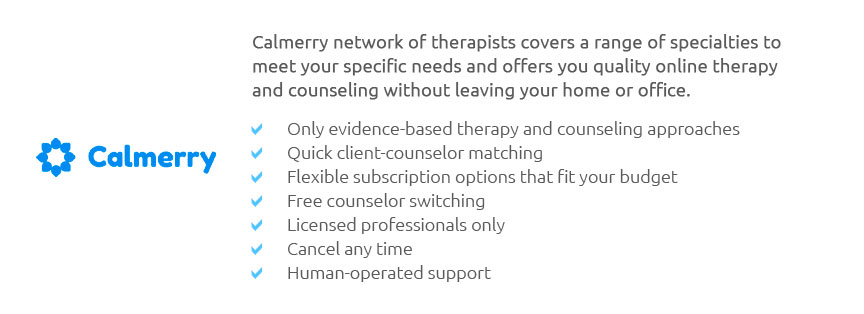 |
 |
 |
 |
|---|
Meeting a New Therapist: What to Expect and How to PrepareStarting therapy with a new therapist can be both exciting and daunting. Understanding what to expect during your initial sessions can help ease any anxiety and set the foundation for a successful therapeutic relationship. Preparing for Your First SessionGathering Your ThoughtsBefore meeting your new therapist, it can be helpful to reflect on what you hope to achieve in therapy. Consider jotting down any specific goals, concerns, or questions you have. This can guide the conversation and ensure you cover all necessary topics. Logistics and Practicalities
During the SessionInitial IntroductionsExpect to spend some time getting to know your therapist and allowing them to get to know you. This initial rapport building is crucial for establishing trust and comfort. Setting ExpectationsYour therapist will likely discuss confidentiality and outline the therapeutic process. Feel free to ask questions if anything is unclear. Exploring Your ConcernsBe open about your current challenges and past experiences. The more your therapist understands, the better they can tailor their approach to your needs. Building the Therapeutic RelationshipCommunicationEffective communication is the cornerstone of a successful therapy experience. Always feel empowered to express how you're feeling about the process. Evaluating ProgressRegularly review your progress and any adjustments that might be needed in your therapeutic approach. A good therapist will welcome feedback and be flexible in their methods. If you're searching for a therapist in Hollywood Florida, ensure they have the qualifications and approach that resonate with your personal therapy goals. FAQWhat should I bring to my first therapy session?It is helpful to bring any completed paperwork requested by your therapist, a list of medications if applicable, and notes on topics or goals you wish to discuss. How do I know if a therapist is right for me?Trust your instincts after a few sessions. Consider factors like comfort level, the therapist's understanding of your concerns, and their professional approach. Can I switch therapists if it's not a good fit?Absolutely. If you feel the therapeutic relationship isn't benefiting you, it's okay to seek another therapist who better meets your needs. https://www.psychologytoday.com/us/basics/therapy/your-first-therapy-session
After you've settled on a therapist, figured out your insurance, and scheduled an appointment, it's time to have your first session. https://meetmonarch.com/health-resources/articles/therapy-101/changing-therapists-4-tips-for-your-first-meeting-with-a-new-therapist
1. Feel free to talk about your previous therapy experiences with your new therapist - 2. If you don't want to start completely fresh, that's OK. https://blog.opencounseling.com/waiting-for-your-first-therapy-session/
While most therapists are prepared to work with a wide range of people, it can sometimes take a few tries to find the therapist who's the best match for you. If ...
|
|---|